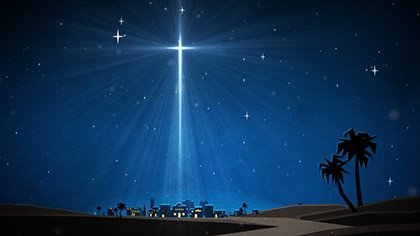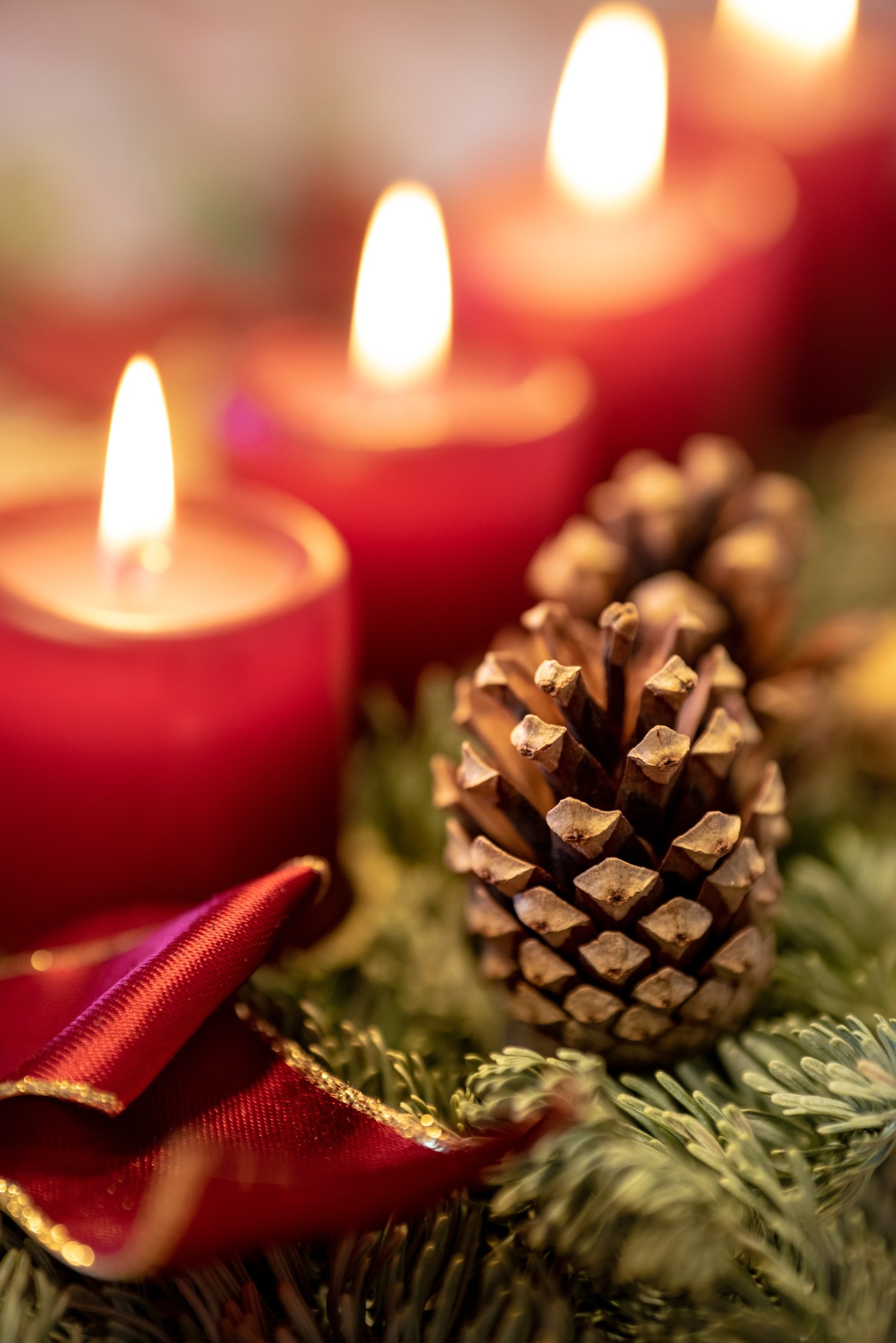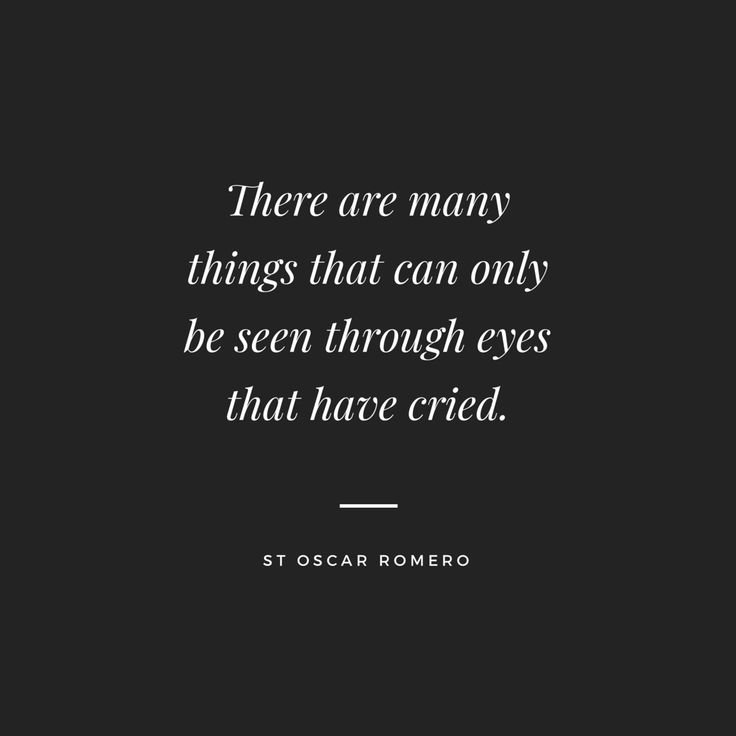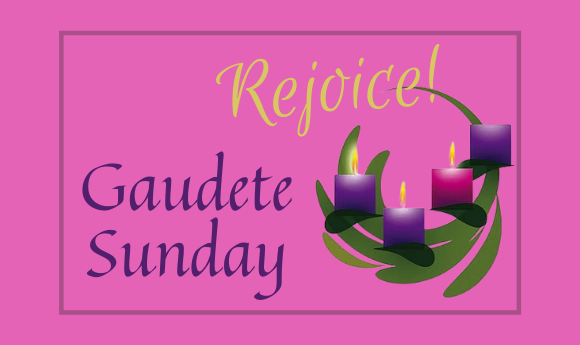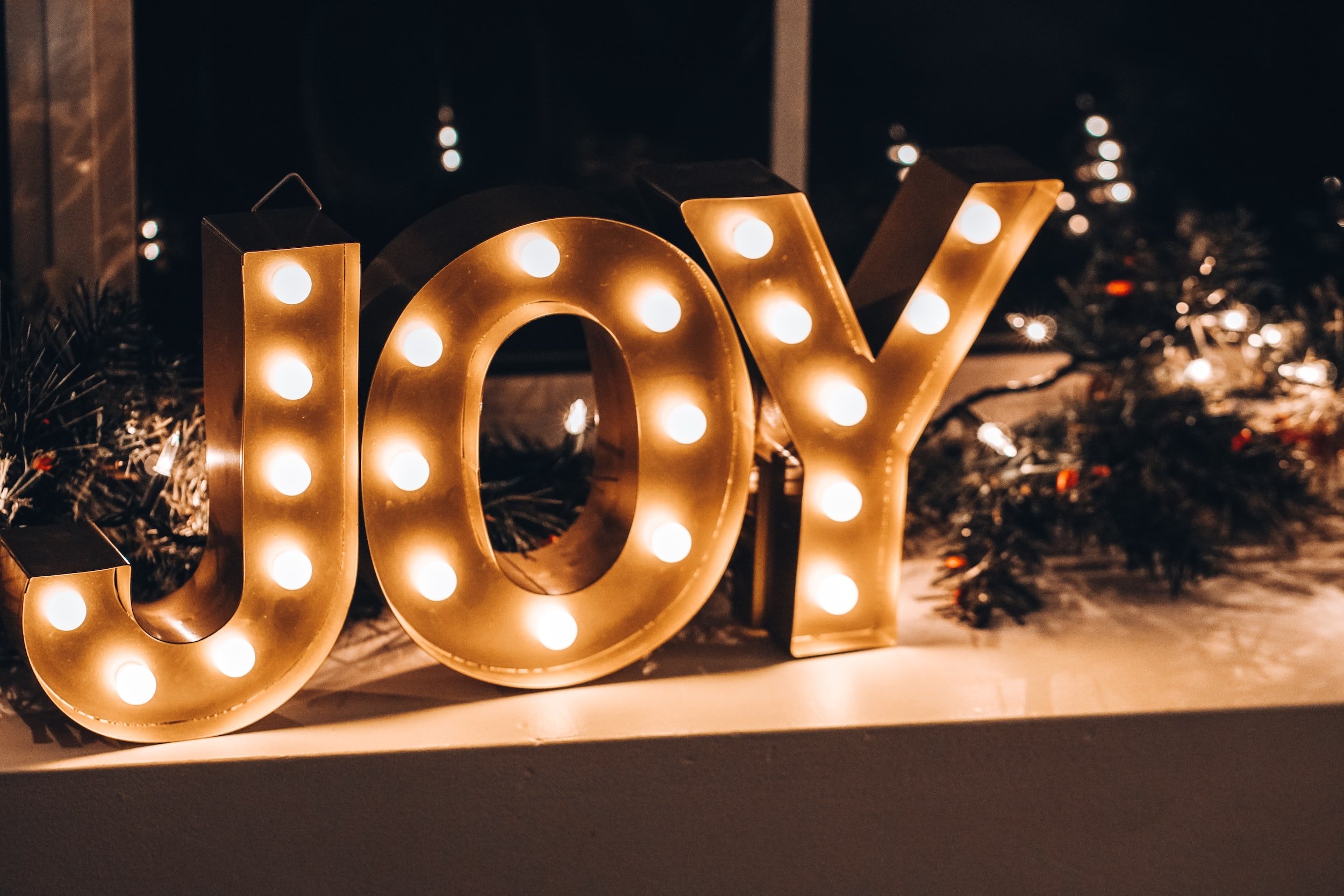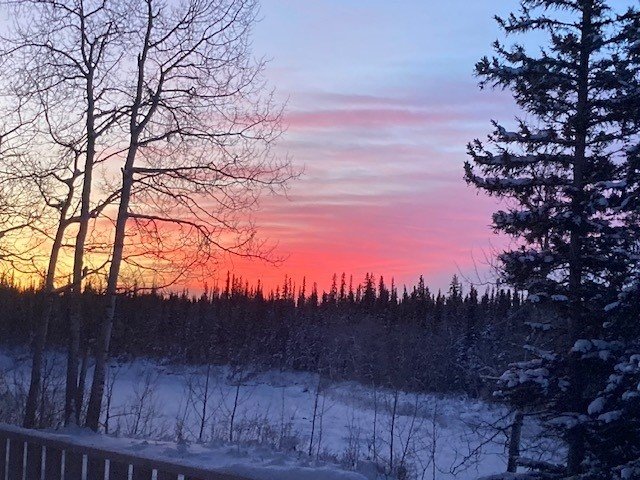With the approach of the third Sunday of Advent, I have been reflecting on the African practice of ubuntu. You may wonder, what is ubuntu? Author, Mungi Ngomane says, “If we are able to see ourselves in other people, our experience in the world will inevitably be a richer, kinder and more connected one. If we look at others and see ourselves reflected back, we inevitably treat people better. In a nutshell. It recognizes the inner worth of every human being starting with yourself.”
Today, in Luke’s Gospel account, John the Baptist is shedding light on the practice of ubuntu which involves love of neighbor, love of self, honesty, charity etc. In the gospel scene, John is speaking to a crowd of diverse people. Some are seekers, others simply curious, some are soldiers and others tax collectors. On a few occasions, these characters ask John a question, “What should we do?” His terse reply urges them to change their lives. Like ubuntu-living, John invites the crowd to embrace a shapeshifting call for justice-making and of giving away as much as possible so that everyone has enough to live on. These life-giving practices are what ubuntu and John’s message proclaim to a world so in need of self-love which then can pour out on the neighbor. Hopefully, appreciation and love will be reflected to the giver.
Image: Jeremy Bishop/Unsplash
All of us have had experiences of holding up a light for another human being. Like John, paving the way forward for the Light to come, we continue our journey of living mystery and tending to the emergent so that generations to come may live in peace, harmony, and justice-making.
Remember, John’s questioners asked, “What can we do?” There is always much we can do! It is most often in least expected ways. I am reminded of a quote from the Quran. “Whoever saves a human life shall be regarded as though they had saved all humankind.” Wow! The smallest act of love might be that one lifesaving gesture for someone sitting or standing in front of you! This is indeed ubuntu in action!
-Sister Linda Parent, CSJ




